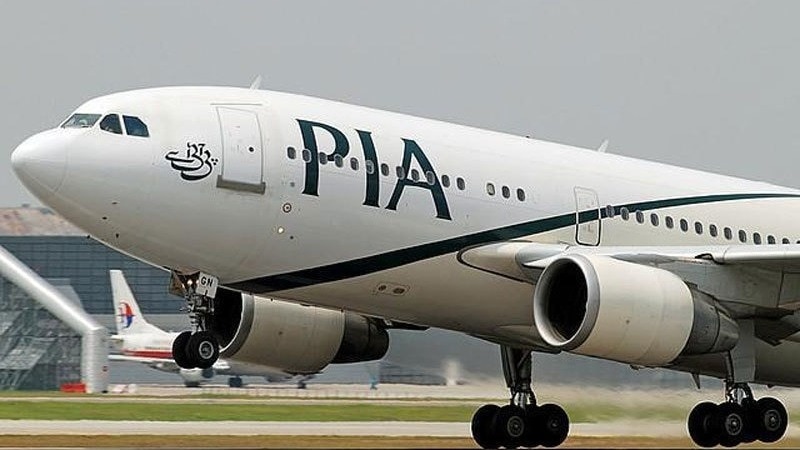Pakistan, which has been surviving on loans and doles, has been compelled by the International Monetary Fund (IMF) on a path of fiscal prudence, which includes the sale of its flag-carrier Pakistan International Airlines (PIA). Among the four…
PIA Pakistan International Airlines: Pak to sell national carrier PIA for IMF loans, Munir’s Fauji firm among bidders
